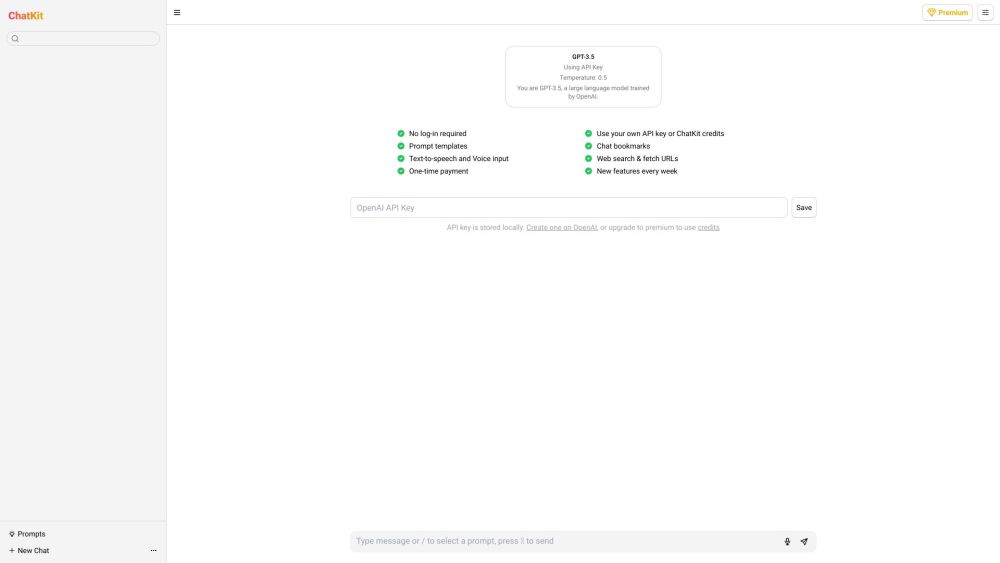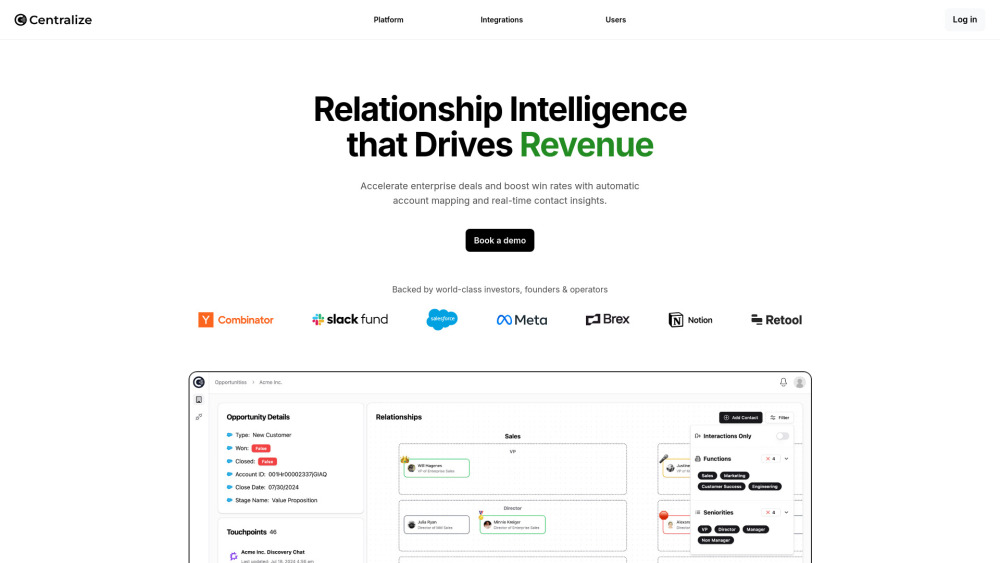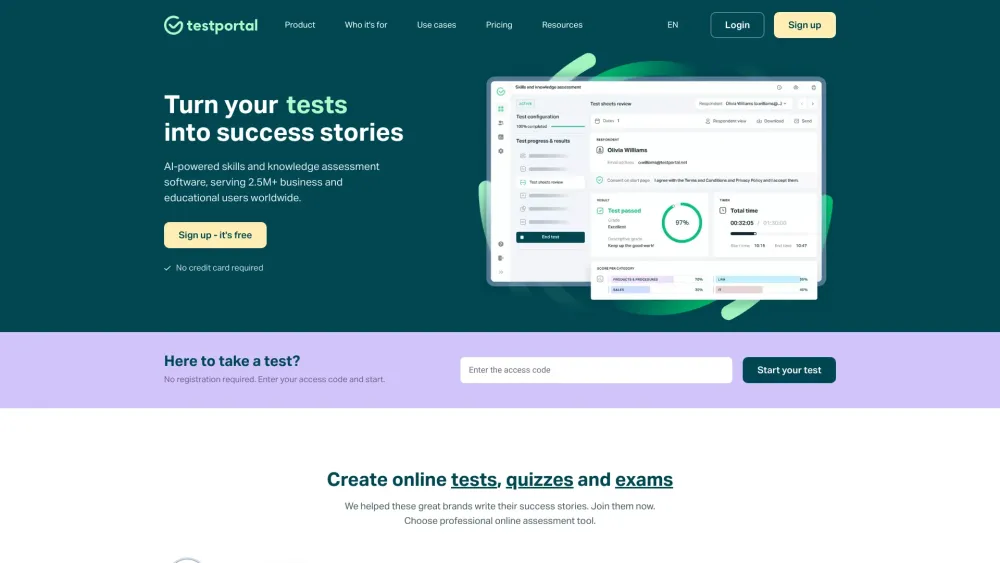The U.S. is currently experiencing a significant shortage of accountants. According to the American Institute of Certified Public Accountants, the number of first-time CPA exam candidates in 2022 was lower than in 2006. One major factor contributing to this decline is the overwhelming amount of tedious work that comes with the profession; accountants often sift through vast quantities of unstructured data for audits and to answer key questions.
In response to these challenges, Kevin Merlini, co-founder and CEO of Materia, left the accounting field to create a solution that alleviates that burden for others.
Materia seamlessly integrates with a firm’s existing software, such as Microsoft Excel and Teams, breaking down data silos prevalent in accounting firms. This innovation allows for the automation and enhancement of tedious audit tasks, enabling accountants to concentrate on high-risk areas that necessitate more focused attention. Additionally, Materia simplifies the process of searching across an organization’s data and documents, making it easier for accountants to find necessary information. Leveraging generative AI platforms like OpenAI, Materia effectively processes information from various documents.
“Accounting professional services have been intriguing yet overlooked, presenting a compelling narrative for innovation,” Merlini explained. “Firms are under significant pressure to boost efficiency, driven by factors like private equity acquisitions, motivating them to invest in their productivity and quality.”
Emerging from stealth mode, Materia has secured $6.3 million in funding, led by Spark Capital, with investments from Haystack Ventures, Thomson Reuters Ventures, Exponent Capital, and the A12 Incubator. Currently, the company serves five clients, including firms ranked among the top 100 and top 15 accounting firms in the U.S., many of which have adopted Materia across their entire audit teams.
Merlini’s journey to founding Materia was not straightforward. He holds a master’s degree in accounting and briefly worked as an auditor at KPMG, lasting only four months.
“Studying accounting is genuinely fascinating,” Merlini remarked. “It’s about distilling complex activities over a year into comparable numbers across companies. However, auditing in a big four firm is mired in considerable drudgery.”
Recognizing the industry's challenges early on, Merlini spent eight years in the tech sector before launching Materia. His experience included a six-year tenure as a product manager at Amazon and more recent work at Meta, focused on large language models and their application in journalism classification.
Merlini has always envisioned becoming a founder, and the frustrations from his accounting career fueled that ambition. He departed from Meta in 2022 to explore his options, ultimately choosing to develop Materia as a means to address the persistent challenges faced in accounting using advancements in AI.
“With the emergence of large language models, a significant paradigm shift became evident,” Merlini stated. “I tapped into my college network within accounting services to identify critical pain points and discover where existing solutions fell short.”
In the summer of 2022, Merlini and co-founder Lucas Adams incubated Materia at the Allen Institute for AI. As ChatGPT rolled out later that year, they seized the momentum from the AI boom to propel their vision forward.
Security and accuracy are paramount for the company. Merlini noted that agreements with OpenAI and other AI firms prevent the models from learning from customer inquiries. Materia meticulously cites all information sources, ensuring that users can verify the accuracy of data used in audits and responses to queries.
Initially offering a premium service to a select group of firms while operating in stealth mode, Materia is now poised to target the top 200 accounting firms in the U.S., with plans to expand further down the market.
“The opportunity is thrilling—not just for our company, but for the professionals in the field,” Merlini emphasized. “One reason for the shortage in accounting is high attrition rates. Automation solutions have previously been impractical, but we’re eager to make a difference now.”




